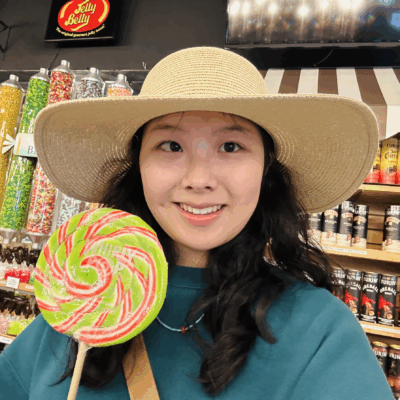Zhuoya Wang L&S Social Sciences
Awe Blurs Social Categorization by Reducing the State Empathy Gap
Awe arises — when we are standing on the edge of the Grand Canyon or listening to the soaring melodies of Beethoevn’s Symphony No. 5. In these moments, we may feel small, part of a greater human collective. Awe is a self-transcendent emotion that makes us feel integrated into broader social entities. In a broad entity, the original boundaries between “they” and “we” fade away. This raises a question: Can awe blur the distinction between outgroup (“”they””) and ingroup (“”we””) members, in other words, blur social categorization?
I will study the question in the context of empathy, specifically focusing on the empathy gap: the tendency for people to feel significantly more empathy toward ingroup than outgroup members. If awe can reduce the gap, for example, by increasing empathy toward outgroup members, it would suggest that awe does blur social categorization.
To explore awe’s impact on the empathy gap, I will conduct an online study involving both surveys and experimental manipulations. If awe helps us empathize with others more inclusively, we can one day use awe to reduce conflicts and discrimination between groups. Maybe awe brings us closer together.
Message To Sponsor
Thank you so much for supporting me in exploring the exciting field of awe and empathy! The two emotions are my favorite --- they connect us to something greater than ourselves: other individuals, landscapes, art, and more. With your generous fund, I will investigate the potential of awe in expanding our empathy to a broader circle of people. Thank you again for your support and trust in my project!